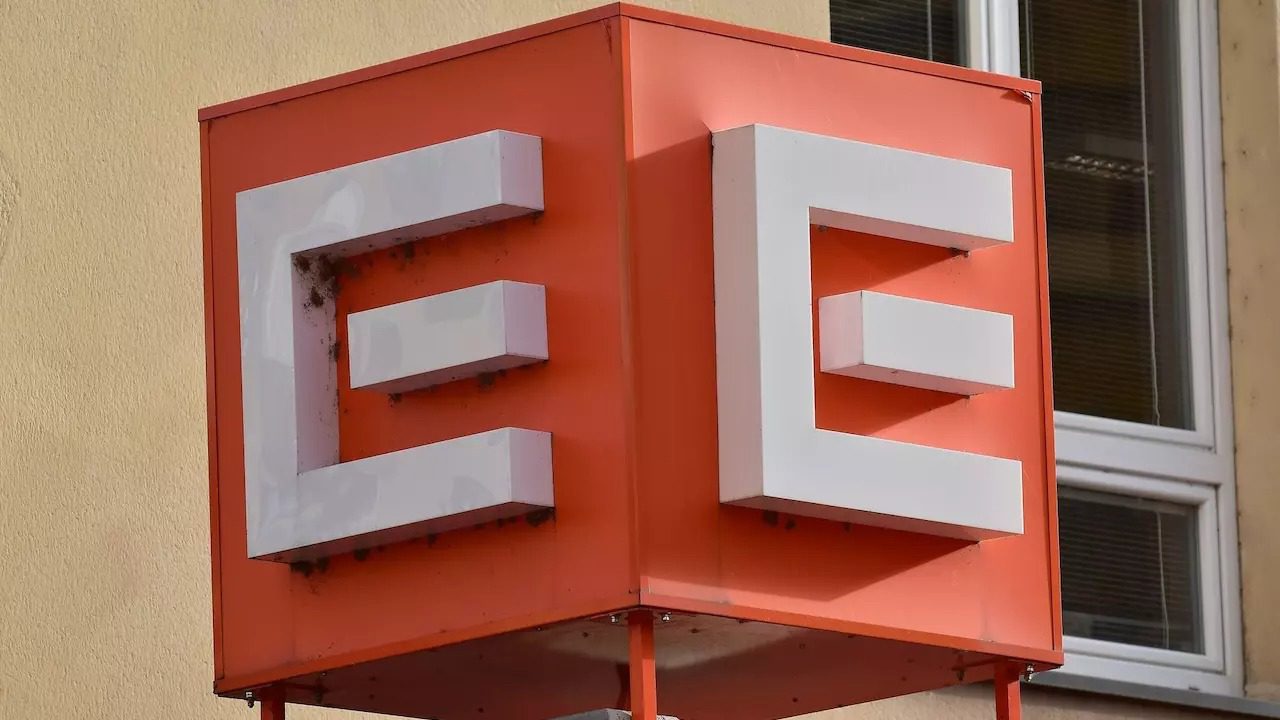Nothing is preventing the state from using the profit from the energy company ČEZ to help people with high energy prices. Analysts say several solutions are, but distributing the state’s profit from ČEZ is the only sensible one. The majority shareholder in ČEZ is the state, which holds about 70 percent of the shares through the finance ministry.
ČEZ’s net profit rose 218 percent year on year to CZK 26.7 billion in the first quarter of this year. Operating revenue increased by 29% to 76 billion, while operating earnings before interest, taxes, depreciation and amortization (EBITDA) increased by 119% to 43.7 billion.
The reason for the growth, according to CEZ, is, among other things, a massive increase in commodity prices on wholesale markets and record profits from commodity trading on Western European markets.
If customers buy the same amount of electricity as in the years before the Coronavir crisis, he said there could be supply shortages. “The solution would not be to nationalize the private shareholding of the company’s shareholders. Nothing prevents the state from using the high profits from ČEZ to help the needy from falling into the energy poverty trap,” Tyleček, XTB analyst, said.
According to Radim Dohnal, an analyst at Capitalinked.com, several solutions exist. “But the only sensible one is to let the company run its business and maximize profits. These should be handed over to the state in a sustainable form and the state to the citizens,” Dohnal said.
Other, but wrong options, according to Dohnal, include the possibility of setting prices so that profits are low and only allow for maintenance or rewarding the facility. He said the excellent results of CEZ announced on Tuesday in the energy crisis are the definition of a parastatal business where consumers are also voters. In his view, the citizens envy the company and, by extension, the state for their excessive profits.
“Only an ignoramus or a national socialist could have the idea that CEZ should not sell electricity via the Leipzig stock exchange. The main benefit for CEZ, and thus for the state and the citizens, is that frequent surpluses can be sold around Europe in this way. Without the exchange, we would not be able to sell these, and the electricity produced in this way would probably be useless,” Dohnal said.
ČEZ’s profits would consequently fall, and the overall price of electricity would rise, Dohnal said. He added another reason why ČEZ should show gains is the planned construction of one or more new nuclear units.






Leave a Reply